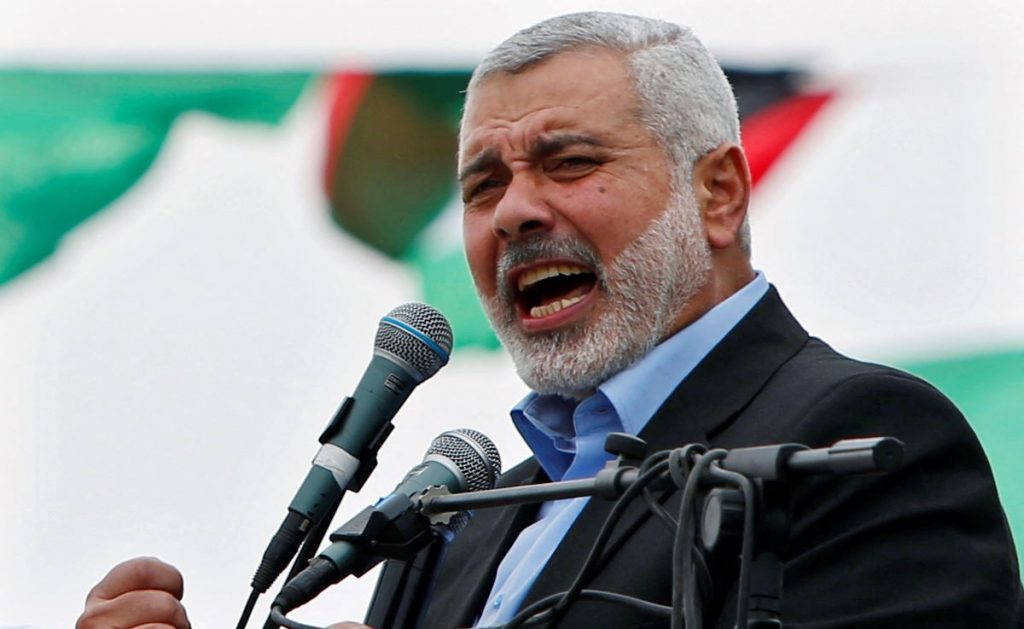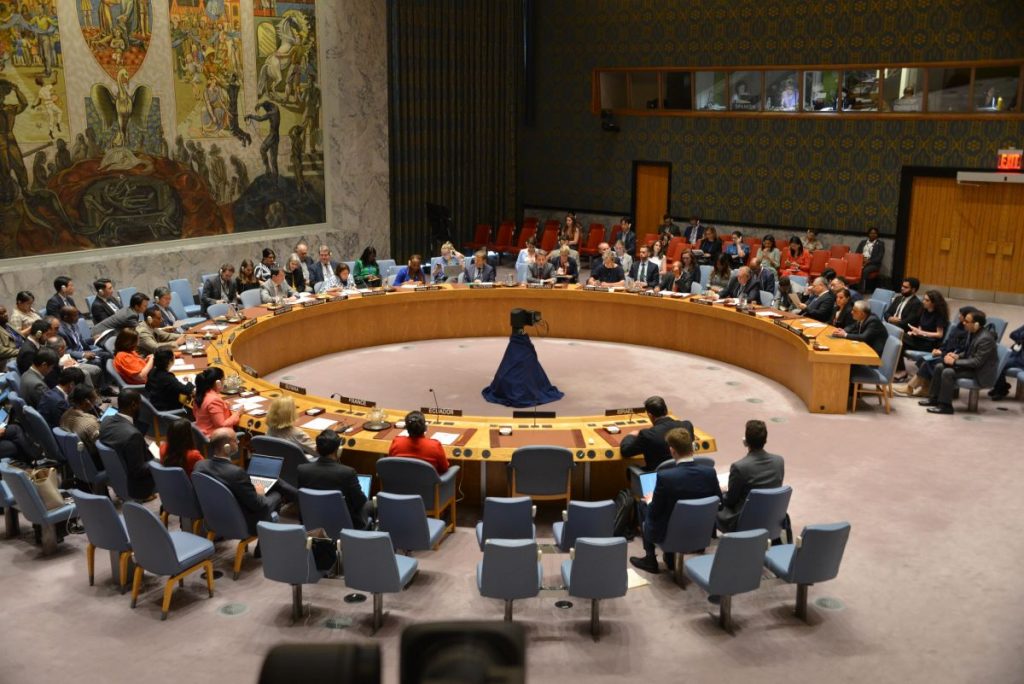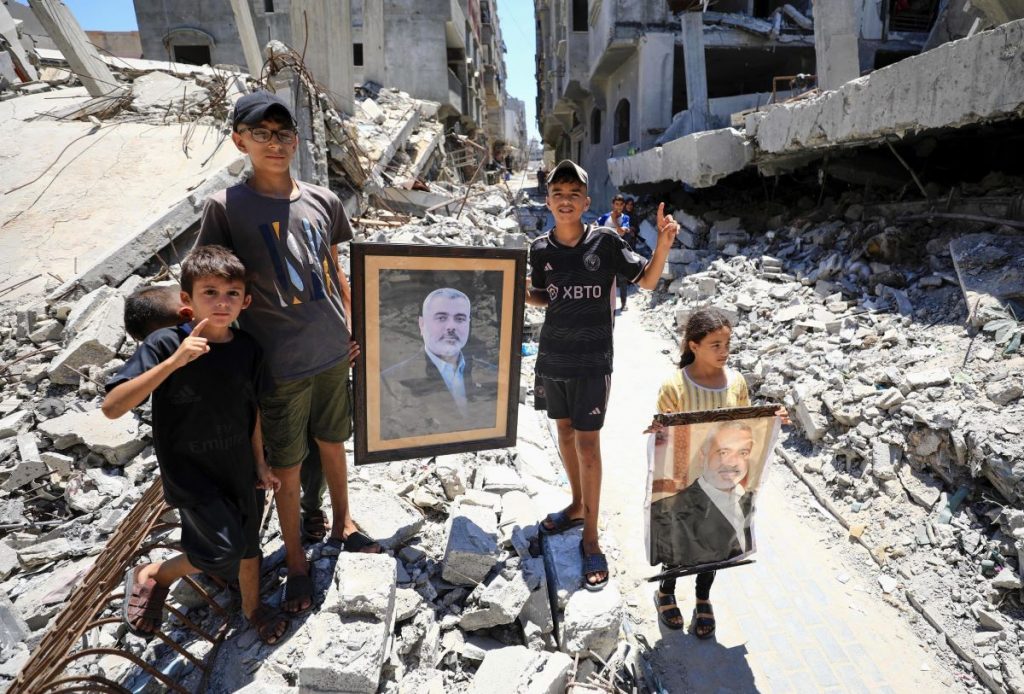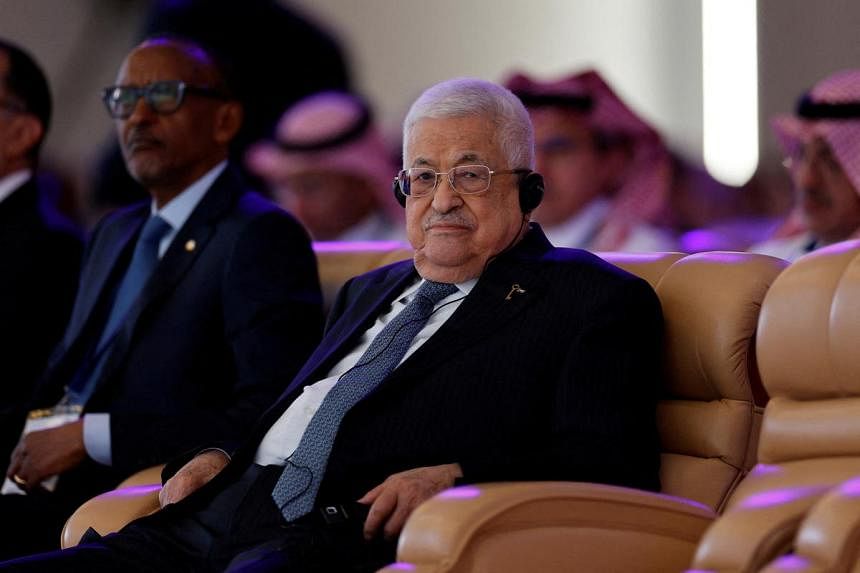Failed Tauranga car parking building: Engineers accused of negligence before disciplinary board
By
Jeremy Wilkinson
Open Justice multimedia journalist, Palmerston North
5 Aug, 2024 12:29 AM5 mins to read
SaveShare

The unfinished Harrington St parking building. Photo / George Novak
A car parking building that cost $19 million to build was riddled with structural errors meaning its owner had to cut its losses and sell it for just $1.
Now, three engineers who did the maths on the building that was ultimately deemed too expensive to fix have been accused of negligence.
The site between Harington and Hamilton Sts in downtown Tauranga was once intended for a multi-storey public transport hub with 550 parks plus showers and lockers, intended to ease some of the city’s parking woes.
However, construction stalled in 2018 when serious structural issues were found. The Tauranga City Council abandoned construction in 2020, having already spent $19m.
Rather than demolishing the half-built hub, in 2021 the council sold the site and structure for $1 to developers and cut its losses.
Mayor Tenby Powell said at the time the cost of fixing the problems would likely blow out past the original $29m budget.
Discover more
Engineers face disciplinary hearing over failed transport ...
Auckland Council urgently reviewing 42 properties worked ...
Taupō District Council reviews consents after engineering ...
Man accused of forging qualified engineers’ signatures ...
“As unpalatable as it is to abandon a project which has already cost $19 million, our expert advice makes it clear that the completion options available to us would simply be sending good money after bad,” Powell said.
Since that decision to abandon the building, Tauranga City Council lodged a complaint with Engineering New Zealand (ENZ) about the conduct of three engineers who had a hand in designing it.
Auckland Council urgently reviewing 42 properties worked ...
Taupō District Council reviews consents after engineering ...
Man accused of forging qualified engineers’ signatures ...
“As unpalatable as it is to abandon a project which has already cost $19 million, our expert advice makes it clear that the completion options available to us would simply be sending good money after bad,” Powell said.
Since that decision to abandon the building, Tauranga City Council lodged a complaint with Engineering New Zealand (ENZ) about the conduct of three engineers who had a hand in designing it.
Engineers before Disciplinary Committee
Today, a Disciplinary Committee convened in Wellington where the lead engineer who did the original designs is charged with acting outside his area of competency and performing engineering services negligently or incompetently.
That engineer, who has interim name suppression, has denied any wrongdoing in the litany of errors identified with the building’s designs.
A second engineer who peer-reviewed his designs is facing similar charges, while a third engineer - and a colleague of the first - who also peer-reviewed the work has admitted he made errors in regard to the seismic strengthening.
“Something has gone seriously awry at the design consenting stage,” said Sean McCusker, counsel for ENZ’s investigating Committee which brought the charges against the three engineers.
“That critical process was missed and that has led to significant consequences for the ratepayers of Tauranga.”

Tauranga City Council abandoned the building in 2020. Photo / George Novak
McCusker said part of the issue was whether the original design was flawed, or whether subsequent redesignes caused the issues.
“There are important checks and safeguards and building owners and consent authorities are entitled to place reliance on those,” he said.
The lead engineer claims his designs were accurate and that it was a colleague at his firm’s redesigns that caused the structural issues.
McCusker however said the committee had concerns with those original designs, which is why they’ve levelled charges against the lead engineer.
Signing off compliance
The lead engineer led the design of the foundations and superstructure of the building and signed them off as being compliant with the building code.
It’s alleged that he acted outside his area of expertise in regards to the way he designed the building’s seismic strengthening.
It’s also alleged that he was negligent or incompetent in designing a range of aspects of the building including the lateral bracing, retaining walls, and structural steel columns.
When the lead engineer left the firm his calculations were peer-reviewed by a second engineer at a separate firm who also signed off the designs.
It’s alleged he worked outside his skillset in regards to a seismic strengthening design used, and that he was negligent in reviewing the original design and rubber-stamping it.
McCusker said part of the issue was whether the original design was flawed, or whether subsequent redesignes caused the issues.
“There are important checks and safeguards and building owners and consent authorities are entitled to place reliance on those,” he said.
The lead engineer claims his designs were accurate and that it was a colleague at his firm’s redesigns that caused the structural issues.
McCusker however said the committee had concerns with those original designs, which is why they’ve levelled charges against the lead engineer.
Signing off compliance
The lead engineer led the design of the foundations and superstructure of the building and signed them off as being compliant with the building code.
It’s alleged that he acted outside his area of expertise in regards to the way he designed the building’s seismic strengthening.
It’s also alleged that he was negligent or incompetent in designing a range of aspects of the building including the lateral bracing, retaining walls, and structural steel columns.
When the lead engineer left the firm his calculations were peer-reviewed by a second engineer at a separate firm who also signed off the designs.
It’s alleged he worked outside his skillset in regards to a seismic strengthening design used, and that he was negligent in reviewing the original design and rubber-stamping it.

A Disciplinary Committee of Engineering New Zealand convened in Wellington for a two-week hearing. Photo / Jeremy Wilkinson
This engineer has accepted liability for some aspects of the errors but has disputed others.
The third engineer was a colleague of the lead designer and after problems with the original design were discovered he signed off on revisions intended to address those errors.
That engineer has admitted liability for failing to take into consideration seismic gaps for the ramps in the carpark and for signing off on the revised designs which also had errors.
Rob Jury, the chief engineer at Beca, was called as a witness on Monday and said the early designs, which were two-dimensional, were “quite light” on analysis and in his opinion needed to be more sophisticated.
He said that, in his opinion, it would have been difficult for construction workers to pick up those gaps in the design or to follow the instructions.

This engineer has accepted liability for some aspects of the errors but has disputed others.
The third engineer was a colleague of the lead designer and after problems with the original design were discovered he signed off on revisions intended to address those errors.
That engineer has admitted liability for failing to take into consideration seismic gaps for the ramps in the carpark and for signing off on the revised designs which also had errors.
Rob Jury, the chief engineer at Beca, was called as a witness on Monday and said the early designs, which were two-dimensional, were “quite light” on analysis and in his opinion needed to be more sophisticated.
He said that, in his opinion, it would have been difficult for construction workers to pick up those gaps in the design or to follow the instructions.

Three engineers are facing disciplinary action after structural issues forced the Tauranga City Council to abandon the building. Photo / George Novak
“The constructor can be expected to pick up issues around geometry… but he cannot pick up issues around design,” he said.
Jury, who has 40 years of experience in the industry, wasn’t aware of the Innovative Dissipative (INERD) bracing design system that was used for seismic strengthening.
“I felt immediately that the various features of that system was an appropriate concept but didn’t have enough backup in the calculations,” he said.
“It left a lot of questions.
“Even his [the lead engineer] colleagues didn’t recognise what the intent was, because they went and changed it all.”
Jury said that in his view the design was signed off despite “unfinished business” and there was no hold placed on the drawings despite this.
Two weeks have been set down for the hearing, which continues tomorrow.
Jeremy Wilkinson is an Open Justice reporter based in Manawatū covering courts and justice issues with an interest in tribunals. He has been a journalist for nearly a decade and has worked for NZME since 2022.
“The constructor can be expected to pick up issues around geometry… but he cannot pick up issues around design,” he said.
Jury, who has 40 years of experience in the industry, wasn’t aware of the Innovative Dissipative (INERD) bracing design system that was used for seismic strengthening.
“I felt immediately that the various features of that system was an appropriate concept but didn’t have enough backup in the calculations,” he said.
“It left a lot of questions.
“Even his [the lead engineer] colleagues didn’t recognise what the intent was, because they went and changed it all.”
Jury said that in his view the design was signed off despite “unfinished business” and there was no hold placed on the drawings despite this.
Two weeks have been set down for the hearing, which continues tomorrow.
Jeremy Wilkinson is an Open Justice reporter based in Manawatū covering courts and justice issues with an interest in tribunals. He has been a journalist for nearly a decade and has worked for NZME since 2022.



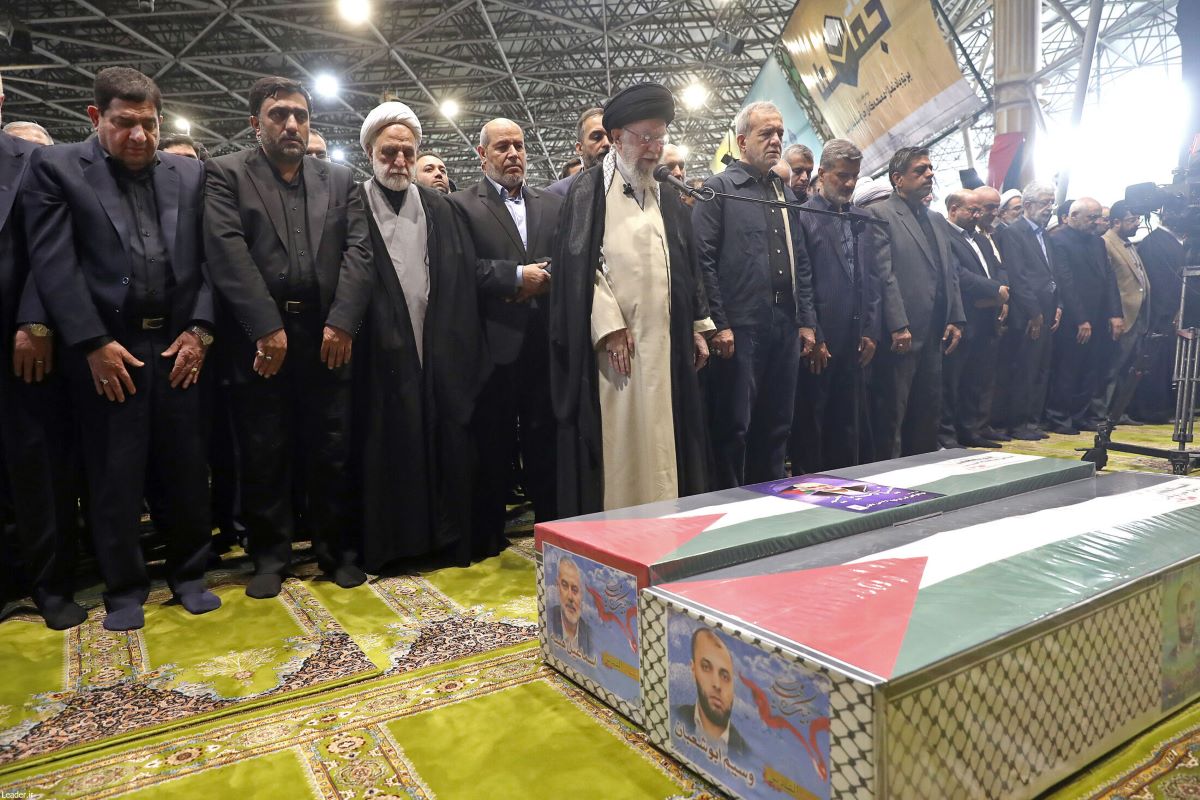 Iran's supreme leader Ayatollah Ali Khamenei (center) attended the funeral for Ismail Haniyeh, top leader of Hamas, in Tehran, Iran on August 1. (Beit-e Rahbari [Office of Ayatollah Khamenei], ©Getty via Kyodo)
Iran's supreme leader Ayatollah Ali Khamenei (center) attended the funeral for Ismail Haniyeh, top leader of Hamas, in Tehran, Iran on August 1. (Beit-e Rahbari [Office of Ayatollah Khamenei], ©Getty via Kyodo)